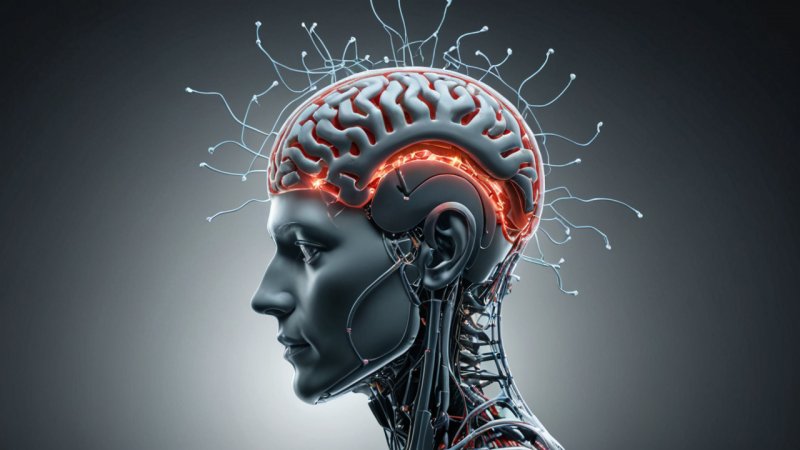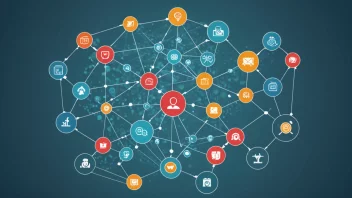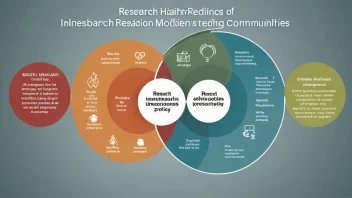Neurotechnology is an emerging field that explores the intersection of neuroscience and technology, aiming to understand and enhance brain functions through innovative tools and methodologies. As our understanding of the brain deepens, neurotechnology is poised to transform healthcare, cognitive enhancement, and even our interaction with machines. This field includes advancements such as brain-computer interfaces (BCIs), neuroprosthetics, and neuromodulation techniques, all of which hold the potential to revolutionize how we approach neurological disorders and cognitive enhancement.
One of the most promising applications of neurotechnology lies in its ability to aid individuals with disabilities. BCIs, for example, allow users to control devices using their thoughts, providing newfound independence to those with mobility impairments. Neuroprosthetics are being developed to restore lost sensory functions, such as vision and hearing, by interfacing directly with the nervous system. These advancements not only improve the quality of life for individuals but also challenge our understanding of brain plasticity and recovery.
Moreover, neurotechnology is gaining traction in the realm of cognitive enhancement. Researchers are investigating various methods to augment memory, attention, and learning capabilities through techniques like transcranial magnetic stimulation (TMS) and deep brain stimulation. While these advancements present exciting opportunities, they also raise ethical questions regarding access, equity, and the potential for misuse.
In summary, neurotechnology represents a rapidly growing field with the potential to reshape our understanding of the brain and its capabilities. As we continue to explore the intricacies of the brain through technological advancements, it is essential to consider the ethical implications and ensure that these innovations are harnessed for the betterment of society, paving the way for a future where neurological health and cognitive enhancement are within reach for all.
The Future of Neurotechnology Research
Explore the transformative potential of neurotechnology, a field that merges neuroscience with cutting-edge technology to enhance brain functions and improve lives.






